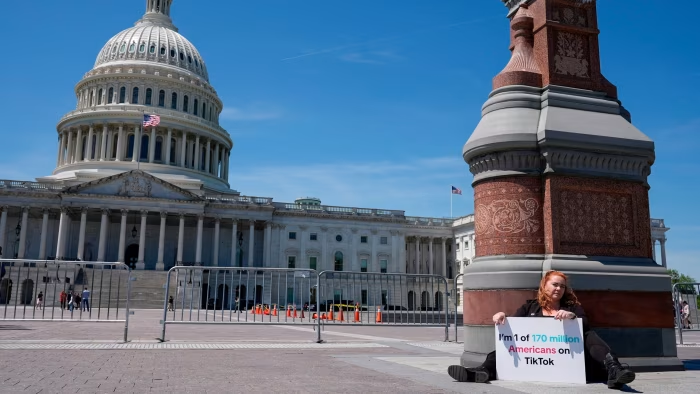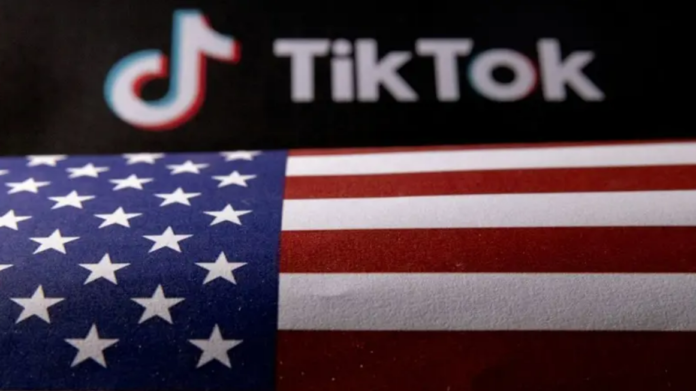WASHINGTON, D.C. – The widely used social media app TikTok must break away from its Chinese parent company ByteDance or risk being kicked out of the US market, according to a law enacted by the US Congress.
This bill, which is a component of a larger $95 billion foreign aid package that also includes military backing for Israel, Taiwan, and Ukraine, has now passed Congress and is awaiting President Joe Biden’s signature.
The concerns regarding TikTok’s ownership originate from concerns expressed by Western and US officials about data collecting and possible espionage enabled by the app, particularly by its 170 million American users. China and TikTok strongly refute the criticism that the company’s operations are influenced by Beijing and act as a vehicle for the dissemination of misinformation.
With significant bipartisan support in the House of Representatives, the bill passed the Senate with a 79-18 majority, setting up the potentially unprecedented step of prohibiting a firm from functioning in the US market.
In a recent conversation with Chinese President Xi Jinping, President Biden expressed his intention to approve the legislation and emphasized his concerns regarding TikTok.
Following the bill’s passing, TikTok expressed dissatisfaction and highlighted potential effects on the economy, businesses, and free expression rights. According to the bill, ByteDance must uninstall TikTok from its app within a year, or else it risk having it deleted from the US version of Apple and Google’s app stores.
Steven Mnuchin, the former US Treasury Secretary, has gathered a group of investors and has indicated interest in purchasing TikTok. However, TikTok’s future in the US market is likely to be complicated due to its ongoing legal disputes and the wider ramifications of labeling apps as national security concerns.

Elon Musk and other prominent figures have expressed concern about bans that may restrict people’s right to free speech and expression, and the ownership of TikTok controversy is a reflection of larger conflicts in technology policy.





